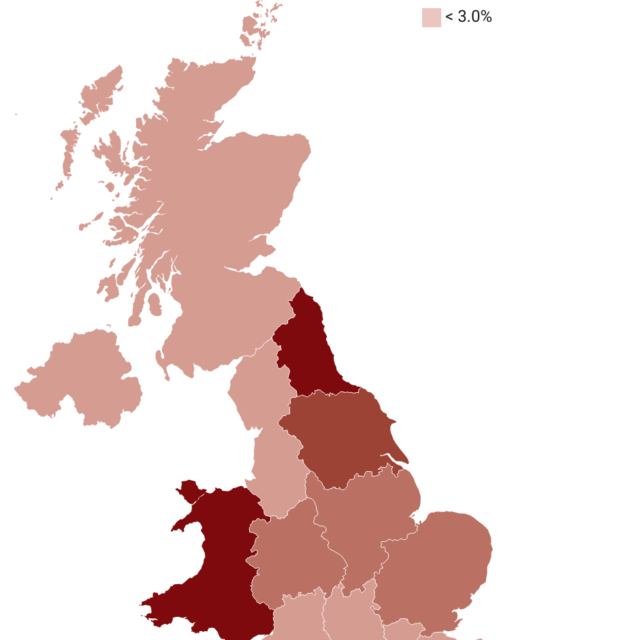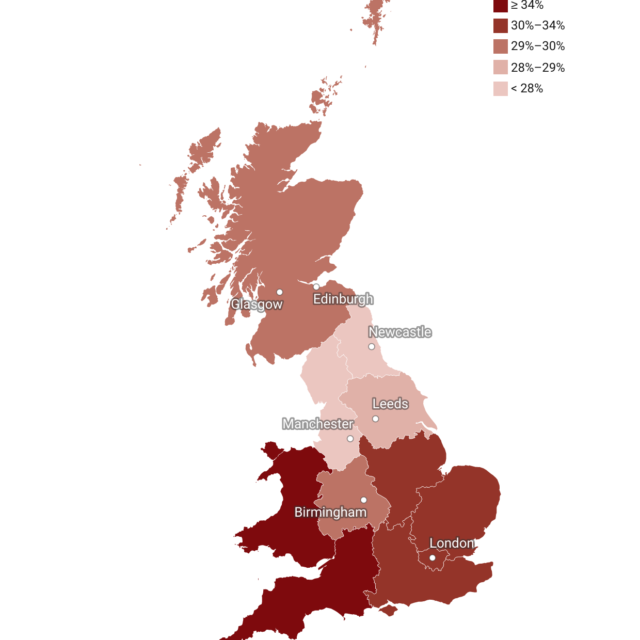The Trade-off between Income and Smoking as Influences on Mortality: Evidence from the British Household Panel Survey for Men and Women aged Sixty-five and Over
 Pub. Date
Pub. Date
 Pub. Type
Pub. Type
Objectives The purpose of this study is to explore the links between education, income, smoking and mortality of people aged sixty-five and over which can be observed in a general purpose longitudinal survey carried out in the United Kingdom, with the aim of examining any trade-off between income, education and smoking.
Design The study uses the data collected by the British Household Panel Survey. This has collected information the people present in an initially randomly-selected sample of households since 1991. Panel members are interviewed once a year and non-response and death are recorded.
Method A bivariate probit equation is fitted to explain jointly mortality and non-response by means of income , educational status and smoking behaviour with controls for previous health status, age and the year of observation. Results The effect one unit of log income for men is to reduce mortality on average by 0.016 (0.003 to 0.029). For women the effect is found to be 0.004 (0.017 to -0.008) and is not statistically significant. Education is not a significant influence on mortality for either sex. For men an increase in log income by one unit (2.7 times, slightly more than the gap between the median and the 95th percentile) is found to offset 0.45 (0.89 to 0.01) of the average effect of smoking on mortality. An increase in log income of one unit for women offsets only a small and insignificant proportion (0.1; 0.47 to -0.27) of the effect of smoking.
Discussion The results show that the effect of smoking on mortality is large compared to that of income and suggest that policies designed to reduce mortality by discouraging smoking are much more powerful than policies designed to influence living standards.



















